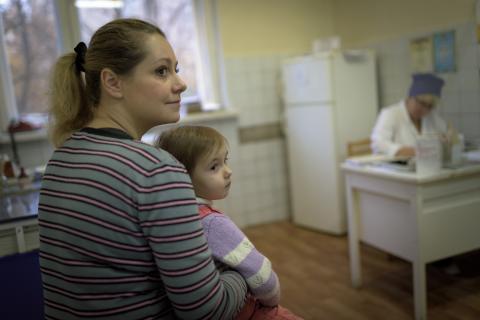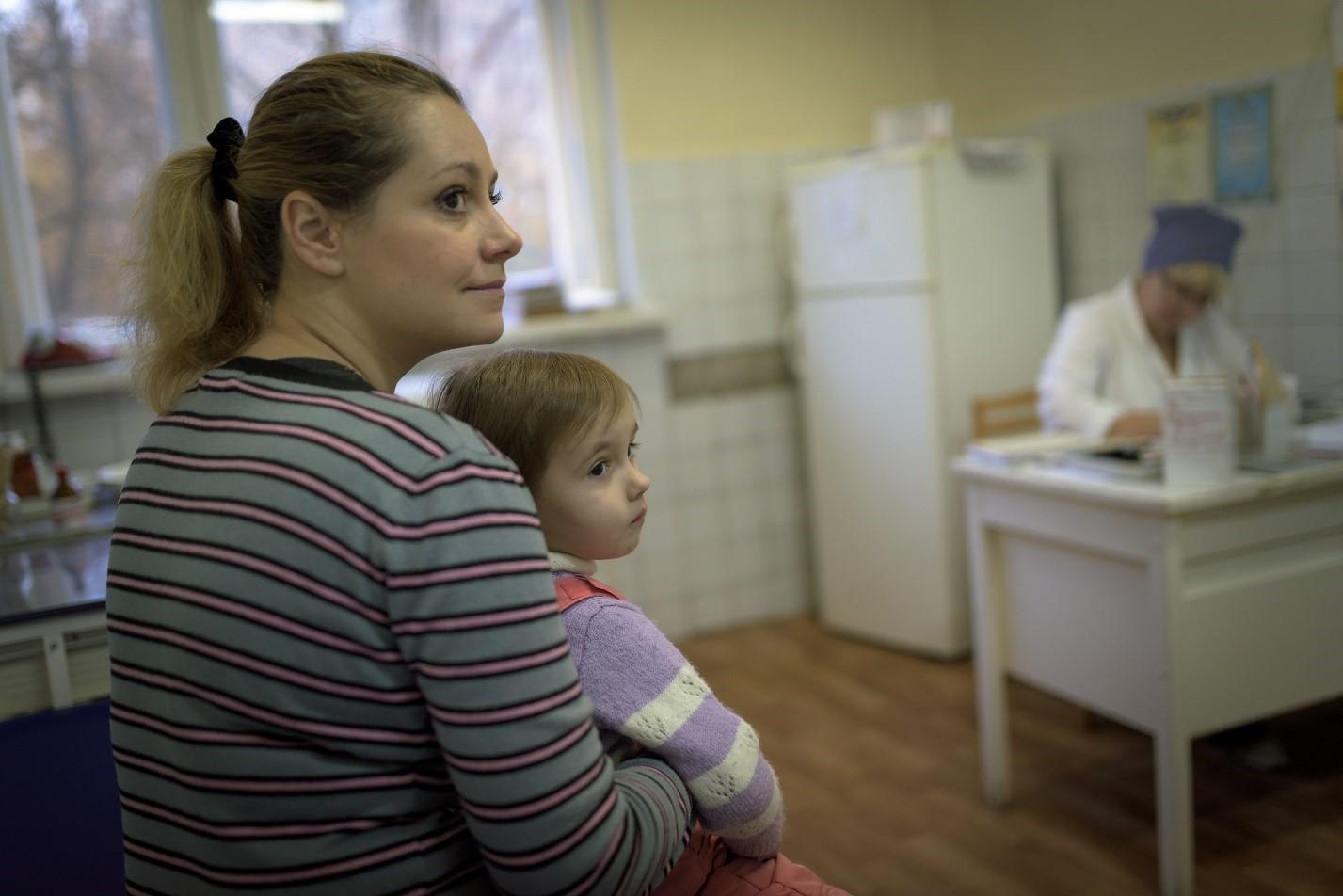
Universal health coverage (UHC) means that everyone, everywhere can access health services without experiencing financial hardship. The world was taking positive steps to deliver health for all by 2030 before COVID-19 fundamentally disrupted health systems, societies and economies. In less than a year, the pandemic has eroded the development gains achieved over the past 25 years.
To get back on track for UHC, world leaders need to make tough decisions and take this crucial opportunity to reset the very foundations of health systems: from governance to financing, strengthening access to medicines, vaccines and health services, building up the heath workforce, to strengthening the capacities of all countries to prevent and respond to health emergencies. COVID-19 means we have to act now.
The UHC Partnership, one of WHO’s largest initiatives for international cooperation for UHC, is providing vital and timely support that is enabling countries to take advantage of the opportunity to emerge stronger from the pandemic.
Countries from each of the six WHO regions are demonstrating that investing in stronger health systems is crucial in responding to COVID-19, protecting people from future health threats and making health for all a reality. Here are some examples documented in the UHC Partnership stories from the field: Special series on the COVID-19 response:
WHO Eastern Mediterranean region: Pakistan
As COVID-19 continues to challenge Pakistan’s health system, reinstating essential health services such as immunization and life-saving maternal care remains one of its most urgent needs. The Government is turning to primary health care to restore basic services, bring them closer to communities and move towards health for all.
WHO Western Pacific region: Papua New Guinea
Papua New Guinea is tackling COVID-19 with an all-of-government approach to strengthen the country’s health system and engaging communities to keep them safe from the virus. The country is enhancing primary health care in communities and maintaining essential health services, providing mental health support for frontline health workers and establishing new national legal mechanisms to respond to COVID-19.
WHO Africa region: South Africa
In the face of COVID-19, South Africa urgently approved a national strategy for infection prevention and control to better protect patients and health workers from avoidable infections in health facilities. It includes strengthening practical measures such as proper hand hygiene, use of personal protective equipment and cleaning and disinfection of the environment and medical equipment.
WHO Americas region: Suriname
Suriname is seizing the opportunity to build a stronger health system that is more resilient to shocks so it can provide services to everyone, including the most remote and vulnerable populations. The Government has developed strategies and guidelines to save lives, protect health care workers, slow the spread of the virus and strengthen epidemic intelligence.
WHO South-East Asia region: Timor-Leste
Timor-Leste has increased its capacity to respond to COVID-19 and is better prepared than before to deal with the emergence and control of new cases. It took a proactive approach in a small window of opportunity to contain the virus, fundamentally improving health security, which is another key aspect of UHC.
WHO European region: Ukraine
Ukraine is transforming its health system and building a foundation of effective primary health care, to enhance the population’s access to safe and affordable essential health services, including services related to COVID-19.
In all of these countries, WHO country offices, with support from the UHC Partnership, has provided technical assistance and advice to each government’s response to COVID-19, as well as collaborated with other public and private sector partners to contribute to a coordinated response and enhance development cooperation.
The UHC Partnership works in 115 countries with funding and support from WHO, the European Union, the Grand Duchy of Luxembourg, Irish Aid, the French Ministry for Europe and Foreign Affairs, the Government of Japan, the UK Department for International Development and Belgium. It supports governments in strengthening health systems to accelerate progress towards UHC. The Partnership’s work includes a special focus on health security and noncommunicable diseases. It is part of the UHC2030 global movement to build stronger health systems for UHC.
Download the UHC Partnership stories from the field: Special series on the COVID-19 response
________________________________________________________________________________________________________________________________________________________________________________________
RELATED EVENT
Launch of the UN policy brief on COVID-19 and Universal Health Coverage, 7 October 2020
- UN News: UN chief urges greater investment in universal health coverage, starting now
- Op-Ed by António Guterres, Secretary-General of the UN – “Scale up investment in Universal Health Coverage and in stronger health systems“
- Download the UN policy brief on COVID-19 and Universal Health Coverage
